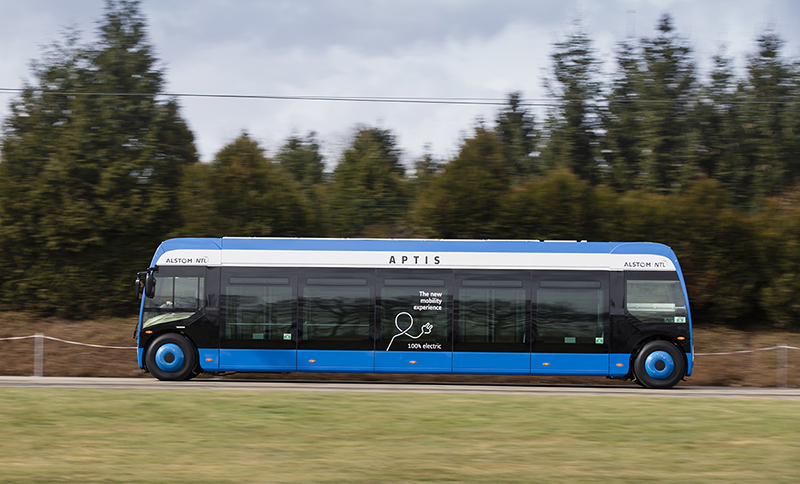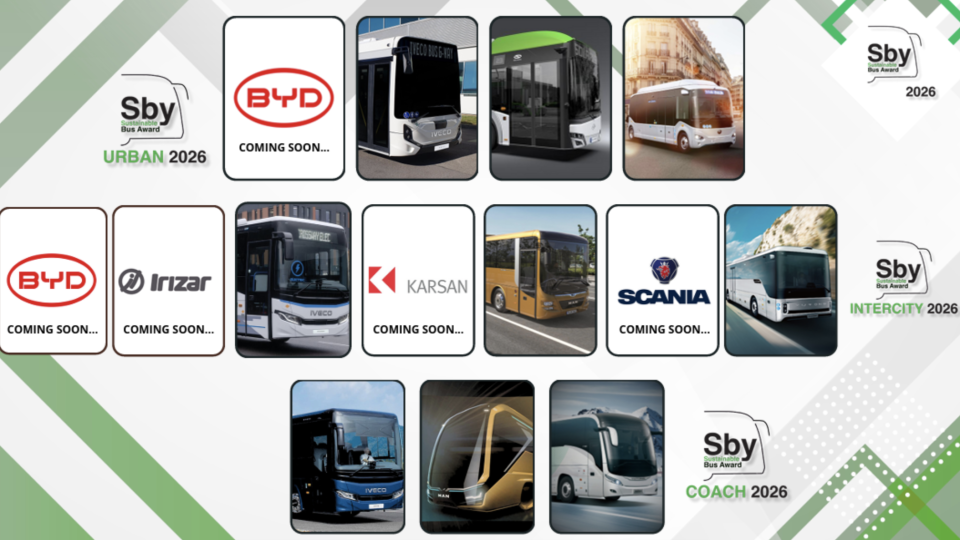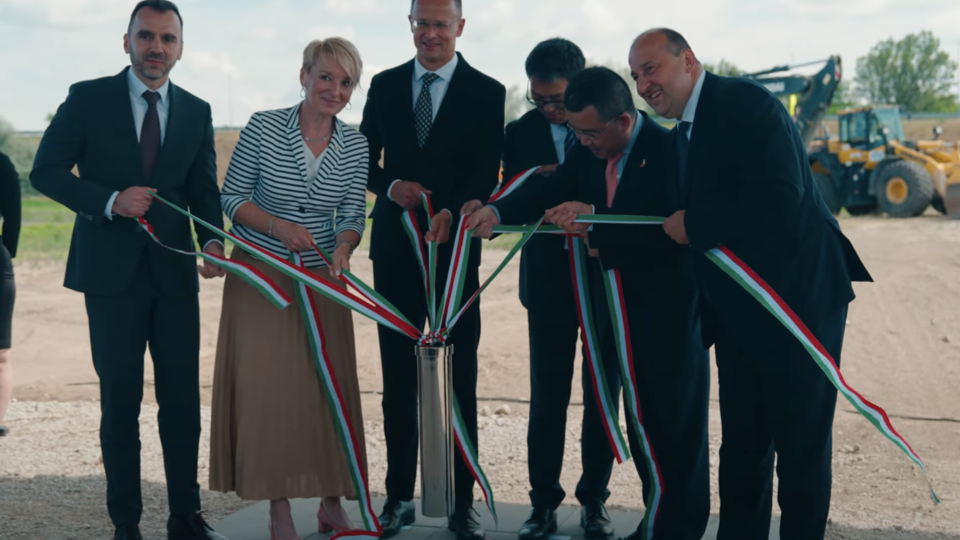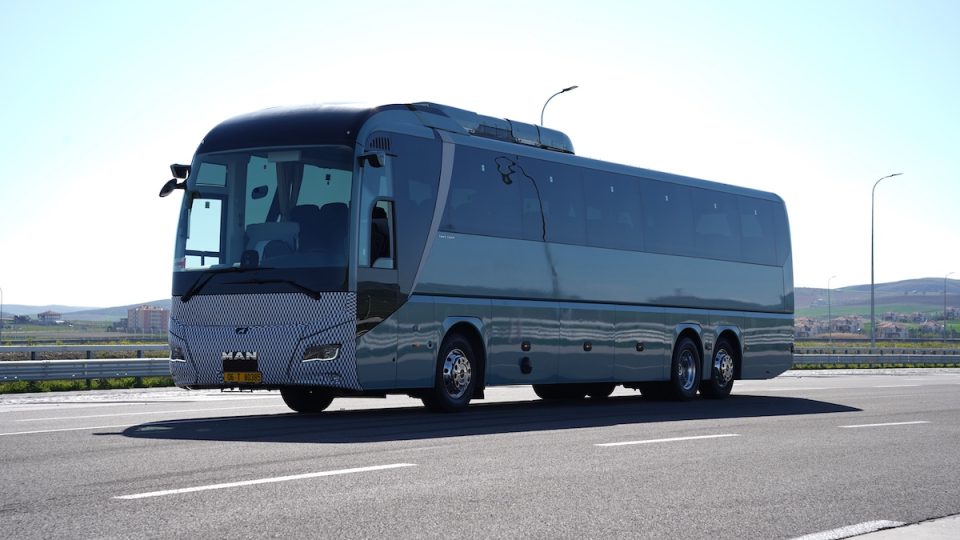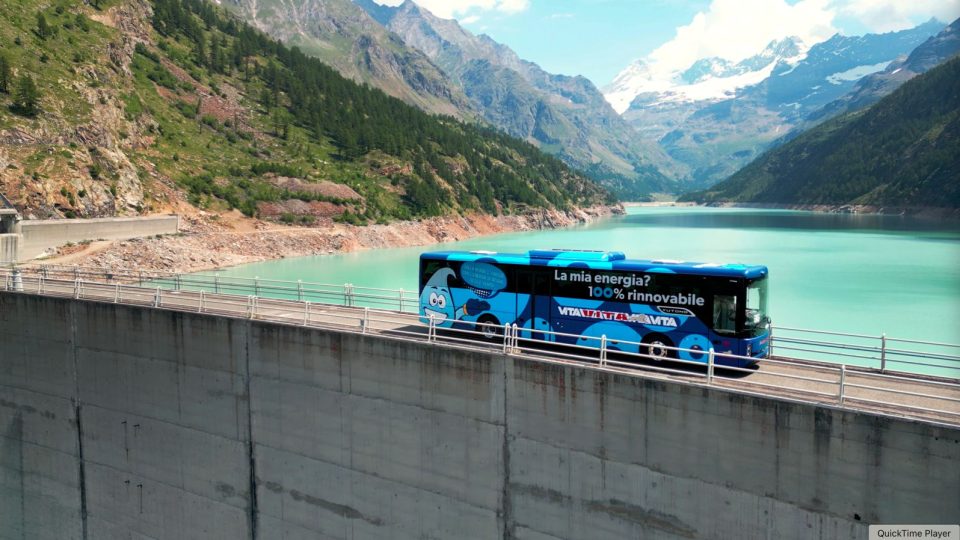«Ebus market will grow. Alstom is ready». Interview with Benjamin Bailly, head of Alstom ebus project
Serial production has just started, the first deliveries will take place in France (starting with Strasbourg, then La Rochelle) are planned by the end of the year. Alstom Aptis is a real newcomer in the electric bus market, but relies on the strong experience of a giant transport-focused group. Six countries in the ‘radar’, a […]
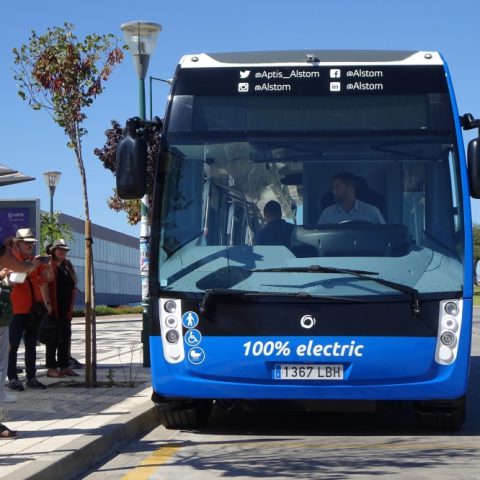
Serial production has just started, the first deliveries will take place in France (starting with Strasbourg, then La Rochelle) are planned by the end of the year.
Alstom Aptis is a real newcomer in the electric bus market, but relies on the strong experience of a giant transport-focused group. Six countries in the ‘radar’, a targeted capacity of 450 vehicles, an offer that is based on the standard 12 meter depot charged bus but is getting wider, including ground based and roof pantograph fast charging. Hydrogen? Not now.
Benjamin Bailly is the head of the electric bus project in Alstom. We met him in the framework of the presentation, in Malaga, of the first Alstom SRS system for electric bus, that started operation this week for EMT Malaga.
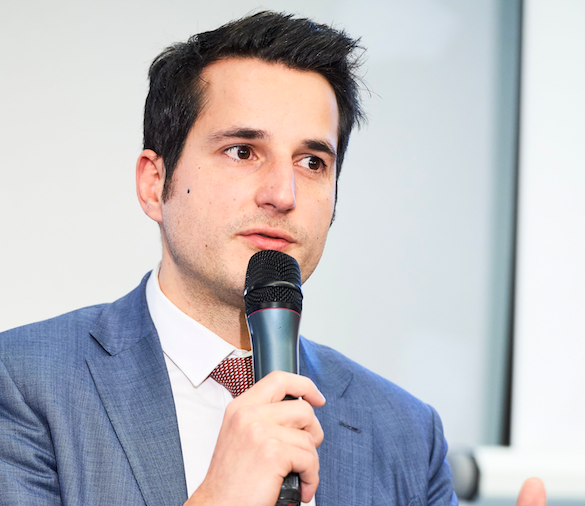
Mr. Benjamin Bailly, since a few years we have been talking about the electric future of public transportation in cities. But, to date, except for China, sale volumes are still small (in 2018 5% of the city buses registered in Western Europe was electric). According to your forecasts, when do you see the big volumes coming?
«We are already seeing the change coming. Paris issued a large order for many buses. Paris is leading the transition in Europe and other cities are following. The fast growth is coming. France and Germany will be at the forefront, but also Spain and Italy are going to follow. In 2020 there will be large tenders in several cities. Our forecast, at Alstom, is that in 2025 in Europe 50 per cent of the city bus market will be electric».
The beginning of serial production for Alstom Aptis has been announced for summer 2019. Has it started? Which is the production capacity today, and which will be the maximum capacity you can reach?
«Yes, the serial production started a couple of weeks ago. The capacity we are targeting is of 450 buses per year, around two per day on one shift in our dedicated factory near Strasbourg. We aim to be there in 2022. Of course we need a progressive ramp up. Next year we will produce around 100 Aptis buses».
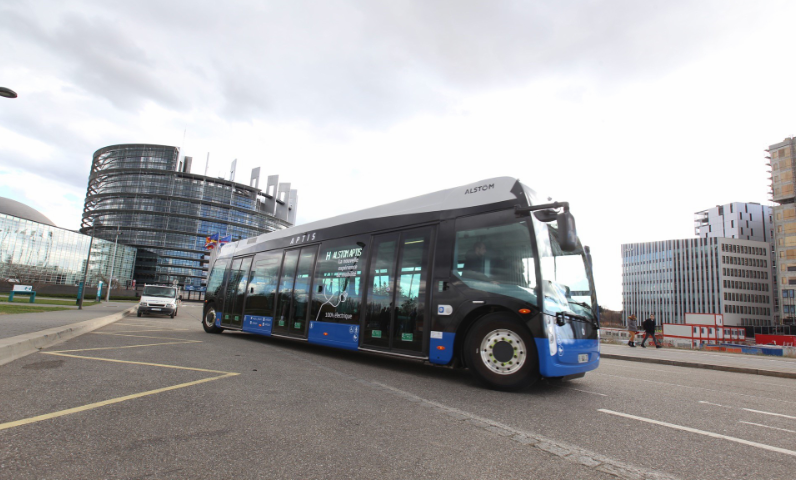
How long does it take to realize and supply the vehicles?
«Now it takes between 9 to 12 months from the order to the delivery. But we will reach a timing of 6 months».
Alstom has been awarded a 133 million euros lot in RATP tender. When are you going to start the deliveries? How are these scheduled? How many vehicles will be supplied?
«The first delivery in Paris are scheduled in June 2020. At that time we will supply one or two buses that will be validated. Serial deliveries will start in July and there will be a progressive ramp up in the second half of 2020».
In which European countries are you going to offer Alstom Aptis on tenders? Are you organized for full service contracts?
«Our prototype went in pilot in France, Germany, Netherlands, Belgium, Spain and Italy. And these are the six markets we are tageting in term of tenders. In these countries we dedicated sales people for the bus business, they need technical knowledge. And of course we are organized for full service contracts».
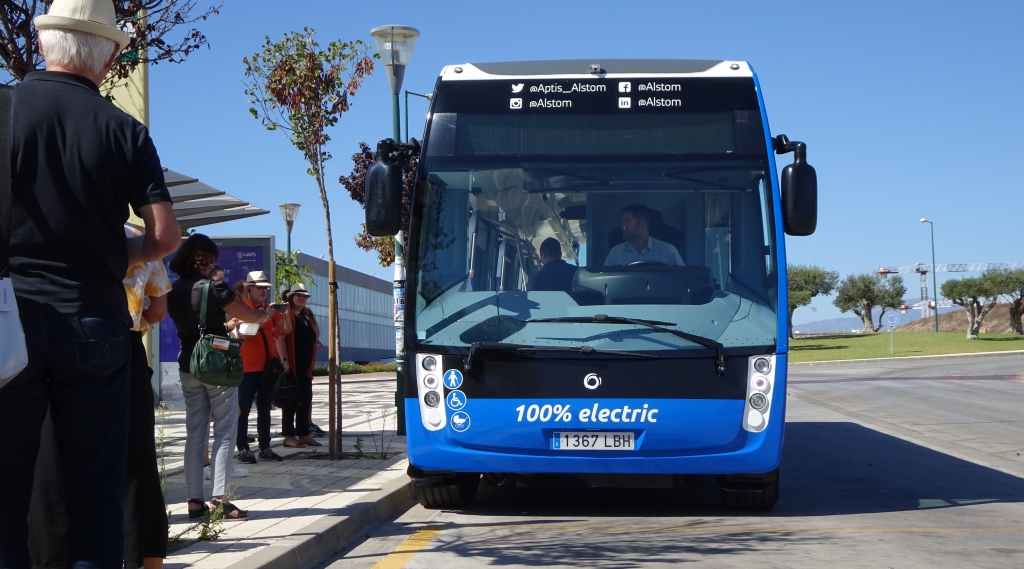
As a consequence of their high upfront price, electric bus manufacturers are working on new financial tools in order to make the purchase of the vehicle more affordable. We can mention, for instance, the possibility of buying the bus while renting the batteries. Are you going to offer this solution to customers?
«Yes, we are already ready to offer the bus with battery leasing. The customer buy the bus, but not the battery, that is leased at a fixed monthly cost, that will include battery replacement when they’ll be necessary. In Grenoble, for instance, we sold 7 vehicles with battery in leasing. We are pushing in this direction».
According to some, fast charging will no more be necessary in a few years, when batteries should reportedly be able to store enough range to complete the daily operations. How do you see the development of charging technologies?
«Since the beginning of Aptis developement we wanted to offer both a depot charging bus and a fast charging solution. Today we are seeing that, in many cities, as a first batch they order depot charged buses, but for the second order they opt for fast charging vehicles. If asked, we are ready to provide Aptis also with roof pantograph».
Do you offer more than one kind of battery depending on charging system?
«Yes, we can equip Aptis with two types of batteries. For depot charging we use NMC batteries supplied by Forsee Power. Capacity could go from 280 to 350 kWh. For opportunity charged buses, when we will be asked, we will offer LTO type, and capacity will be around 100 kWh. At the moment we are in discussion with different suppliers for this kind of battery».
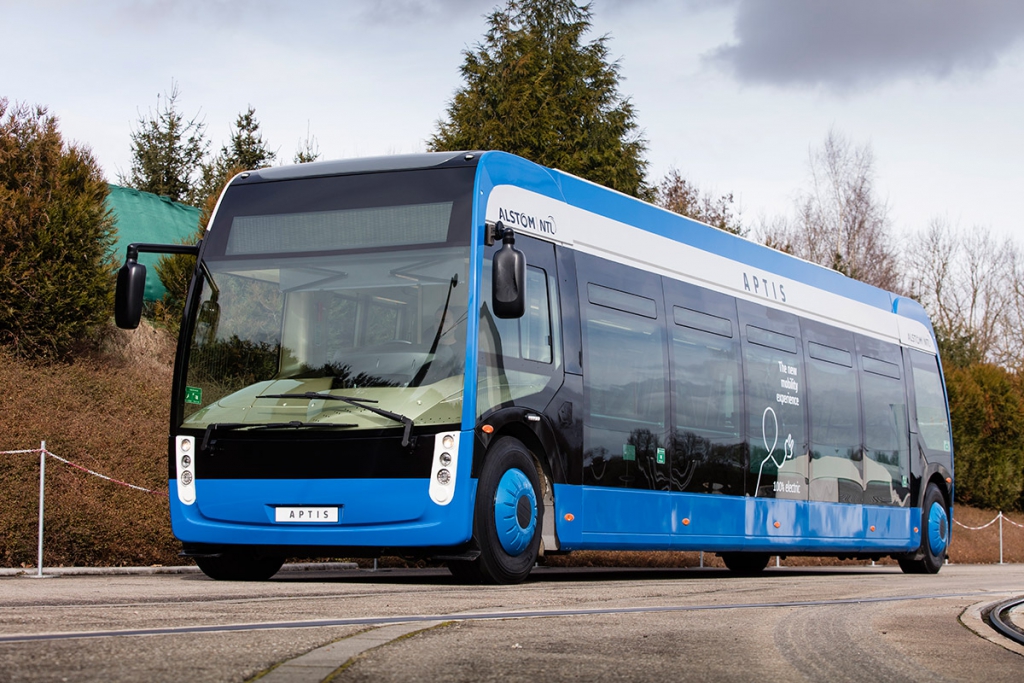
Looking to the future, some bus manufacturers has announced the beginning of project of autonomous buses. Is Alstom working in this direction?
«We believe that public transportation will be the first system to move to autonomous operations. For public transportation the change will be natural. But the market is not yet ready. To date, we have a minority share in Easy Mile, which produces driverless shuttles».
Alstom has launched recently the first hydrogen trains. And fuel cell technology is also gaining new interest in the bus sector, as we have seen in UITP summit in Stockholm. Should we expect an hydrogen powered Aptis in the future?
«Now we are focusing on battery electric technology. With regards to hydrogen, we’ll see. I believe it will be very useful for long distance coaches».
